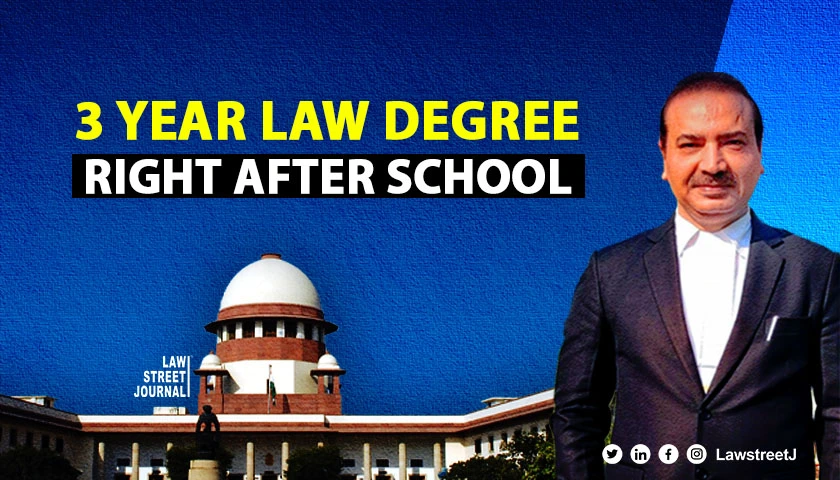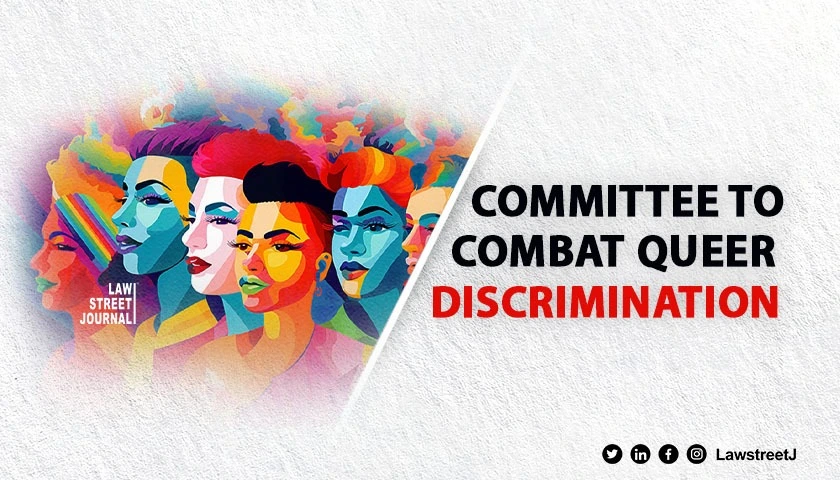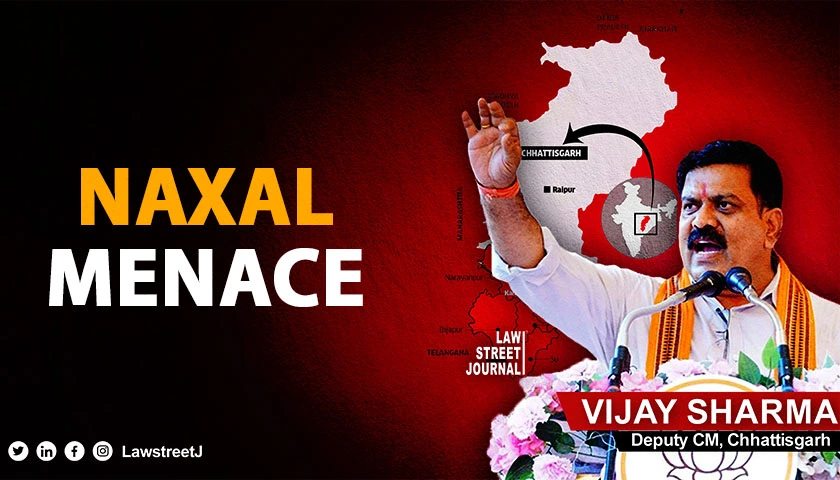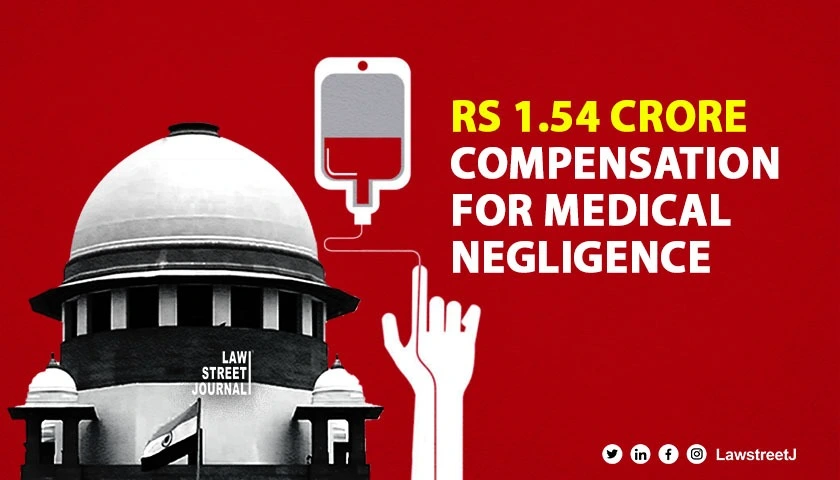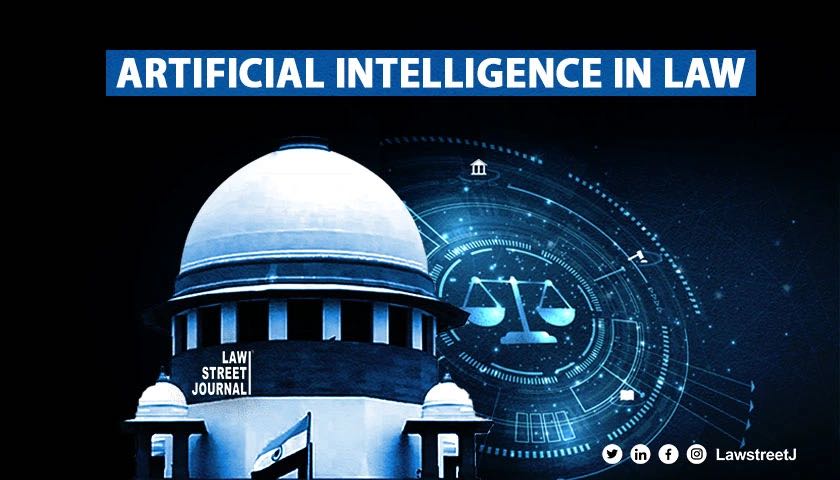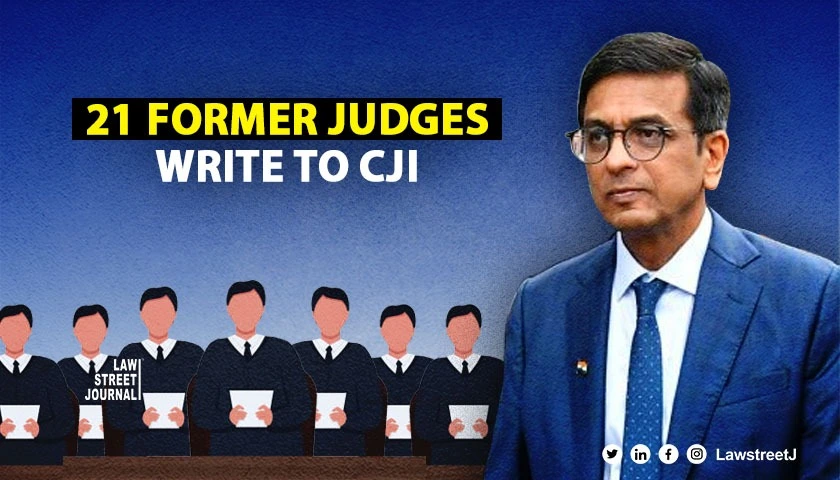In a big win for the Aam Aadmi Party (APP) the Supreme Court today settling the long dispute between the Lt. Governor and Delhi government held that there is no room for anarchy or absolutism in a democracy. The Lt. Governor of Delhi is bound by the aid and advice of the popularly – elected Arvind Kejriwal led APP government and both have to work harmoniously with each other.
Submissions made by Delhi Government
- The NCTD occupies a unique position in the constitutional scheme by virtue of the insertion of Articles 239AA and 239AB and the consequent enactment of the Government of National Capital Territory of Delhi Act, 1991. Thus, the Government of NCT of Delhi enjoys far more power than the administrative setups of other Union Territories.
- Article 239AA was intended to eradicate the hierarchical structure which functionally placed the Lieutenant Governor of Delhi in a superior position to that of the Council of Ministers, Article 239AA has deliberately excluded the words "assist and advice" as were used in the 1963 and 1966 Acts, rather the said Article employs the expression "aid and advice" and, therefore, it consciously obviates the requirement of the Lieutenant Governor’s concurrence on every matter.
- the extent of executive powers of the Government of NCT of Delhi can be understood by appositely juxtaposed reading of Article 239AA(3) with Article 239AA(4) which stipulates that the Government of NCT of Delhi has exclusive executive powers in relation to matters which fall within the purview of Delhi Assembly's legislative competence. Article 239AA(3) gives the Delhi Legislative Assembly the legislative powers over all except three subjects in the State List and all subjects in the Concurrent List and as a natural corollary, Article 239AA(4) confers executive power on the Council of Ministers over all those subjects in respect of which the Delhi Legislative Assembly has the legislative power to legislate.
Submissions made by the Centre
- The respondents contended that Article 239 is an integral part of the Constitution and the foundation stone of Part VIII and that Article 239AA shall be read conjointly with Article 239 which provides that the ultimate administration with respect to Delhi shall remain with the President acting through its administrator.
- Article 239AA confers on the Legislative Assembly of Delhi the power to legislate with respect to subject matters provided in List II and List III of the Seventh Schedule, yet the said power is limited by the very same Article.
- It has been further submitted on behalf of the respondents that the aid and advice rendered by the Council of Ministers is not binding upon the Lieutenant Governor and he is empowered to form an opinion that differs from the opinion of the Council of Ministers.
- The respondents further point out that a combined reading of Article 239AA(4) and Section 41(2) of the 1991 Act would suggest that when the question arises if a matter is one where the Lieutenant Governor shall exercise his discretion, the decision of the Lieutenant Governor shall be final.
- The respondents finally submit that as per the constitutional mandate, the ultimate responsibility with respect to all matters governing the NCT of Delhi fall within the domain of the Union Government.
The Bench ruled the following:
- Ours is a parliamentary form of government guided by the principle of collective responsibility of the Cabinet. This principle of collective responsibility is of immense significance in the context of ‘aid and advice'. If a well deliberated legitimate decision of the Council of Ministers is not given effect to due to an attitude to differ on the part of the Lieutenant Governor, then the concept of collective responsibility would stand negated.
- The constitutional vision beckons both the Central and the State Governments alike with the aim to have a holistic edifice. Thus, the Union and the State Governments must embrace a collaborative federal architecture by displaying harmonious coexistence and interdependence so as to avoid any possible constitutional discord.
- The Constitution has mandated a federal balance wherein independence of a certain required degree is assured to the State Governments. As opposed to centralism, a balanced federal structure mandates that the Union does not usurp all powers and the States enjoy freedom without any unsolicited interference from the Central Government with respect to matters which exclusively fall within their domain.
- The status of NCT of Delhi is sui generis, a class apart, and the status of the Lieutenant Governor of Delhi is not that of a Governor of a State, rather he remains an Administrator, in a limited sense, working with the designation of Lieutenant Governor.
- With the insertion of Article 239AA by virtue of the Sixtyninth Amendment, the Parliament envisaged a representative form of Government for the NCT of Delhi. The said provision intends to provide for the Capital a directly elected Legislative Assembly which shall have legislative powers over matters falling within the State List and the Concurrent List, barring those excepted, and a mandate upon the Lieutenant Governor to act on the aid and advice of the Council of Ministers except when he decides to refer the matter to the President for final decision.
- The interpretative dissection of Article 239AA(3)(a) reveals that the Parliament has the power to make laws for the National Capital Territory of Delhi with respect to any matters enumerated in the State List and the Concurrent List. At the same time, the Legislative Assembly of Delhi also has the power to make laws over all those subjects which figure in the Concurrent List and all, but three excluded subjects, in the State List.
- A conjoint reading of clauses (3)(a) and (4) of Article 239AA divulges that the executive power of the Government of NCTD is coextensive with the legislative power of the Delhi Legislative Assembly.
- The meaning of ‘aid and advise’ employed in Article 239AA(4) has to be construed to mean that the Lieutenant Governor of NCT of Delhi is bound by the aid and advice of the Council of Ministers and this position holds true so long as the Lieutenant Governor does not exercise his power under the proviso to clause (4) of Article 239AA. The Lieutenant Governor has not been entrusted with any independent decisionmaking power. He has to either act on the 'aid and advice’ of Council of Ministers or he is bound to implement the decision taken by the President on a reference being made by him.
- The words “any matter” employed in the proviso to clause (4) of Article 239AA cannot be inferred to mean “every matter”. The power of the Lieutenant Governor under the said proviso represents the exception and not the general rule. The Lieutenant Governor should not act in a mechanical manner without due application of mind so as to refer every decision of the Council of Ministers to the President.
- The Transaction of Business Rules, 1993 stipulates the procedure to be followed by the Lieutenant Governor in case of difference between him and his Ministers. The Lieutenant Governor and the Council of Ministers must attempt to settle any point of difference by way of discussion and dialogue. By contemplating such a procedure, the TBR, 1993 suggest that the Lieutenant Governor must work harmoniously with his Ministers and must not seek to resist them every step of the way. The need for harmonious resolution by discussion is recognized especially to sustain the representative form of governance as has been contemplated by the insertion of Article 239AAA.
![Delhi Power Tussle: Lt. Governor is bound by Aid and Advice of the Govt. He can’t interfere with each and every decision, says SC [Read Judgment]](/secure/uploads/2019/07/lj_5712_delhi-power-tussel.-judgment-768x392.jpg)

